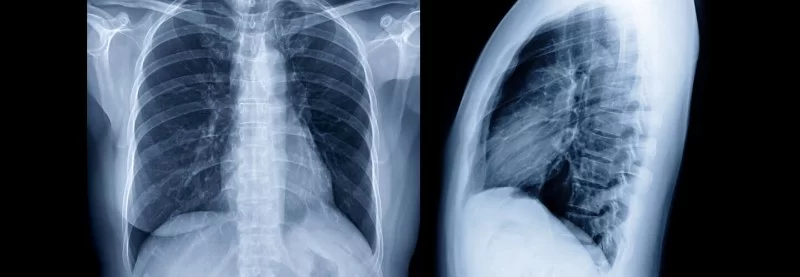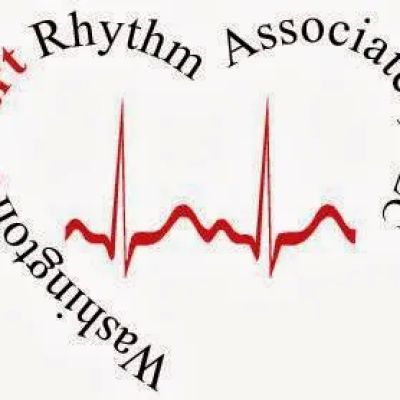- why-basic-heart-tests-arent-enough
- advanced-imaging-technology-in-heart-screenings
- cutting-edge-blood-and-genetic-biomarkers
- lifestyle-monitoring-tools-and-digital-health
- real-patient-stories-transforming-awareness
- how-heartcare-hub-helps-you-stay-ahead
1. Why Basic Heart Tests Aren’t Enough
We’ve all heard about the importance of getting our cholesterol checked and monitoring blood pressure. While these remain essential, they are just the starting point. For many individuals, especially those with family history or risk factors, basic screenings don't always provide the full picture of cardiovascular health.
Heart disease can develop silently over decades. Traditional tests may not catch early warning signs like arterial inflammation or subtle plaque buildup. That’s where advanced heart health screenings come in—and why understanding them could be life-saving.

2. Advanced Imaging Technology in Heart Screenings
High-resolution imaging now allows doctors to look directly at your arteries and heart muscle in unprecedented detail. For instance:
Coronary Calcium Scoring (CT Calcium Scan): This quick, non-invasive scan detects calcium deposits in coronary arteries, a sign of early atherosclerosis. Even asymptomatic patients have caught serious risk factors through this test.
Carotid Intima-Media Thickness (CIMT): This ultrasound-based test assesses the thickness of carotid artery walls—often years before other symptoms appear. It's increasingly used for younger patients with a family history of heart issues.
Cardiac MRI or CTA: These high-detail scans can show myocardial damage, scarring, or even rare congenital defects that regular ECGs miss entirely.
Capital Health Medical Center – Hopewell
capital health medical center hopewell
1 Capital Way, Pennington, NJ 08534, USA

3. Cutting-Edge Blood and Genetic Biomarkers
Beyond LDL and HDL, today’s cardiology tools can dive deeper into your biochemical profile. Modern heart screenings now often include:
Lp(a) Testing: Lipoprotein(a) is a hereditary cholesterol particle linked to early-onset heart attacks. Many people with normal LDL levels still carry high Lp(a), and wouldn’t know without this test.
hs-CRP (High-Sensitivity C-Reactive Protein): A marker of inflammation, hs-CRP is useful for predicting heart attacks in people with seemingly “normal” profiles.
Genetic Risk Panels: New DNA-based screenings can reveal inherited risks for arrhythmia, aortic aneurysms, and more—empowering proactive care.
4. Lifestyle Monitoring Tools and Digital Health
It’s no longer just about tests done in a clinic. Digital health tools now play a major role in long-term cardiac monitoring. Smartwatches like the Apple Watch or Fitbit can detect irregular heart rhythms. Mobile ECG apps allow patients to track palpitations in real-time.
Pairing these tools with professional evaluations enables early intervention. For example, a man in his 40s who routinely logged his heart rate patterns noticed increased nighttime spikes. A follow-up at a clinic revealed early signs of atrial fibrillation—something that could have been deadly if unnoticed.
5. Real Patient Stories Transforming Awareness
Sophia, a 37-year-old yoga instructor with no family history or visible symptoms, opted for an advanced screening as part of a wellness challenge. Her coronary calcium score showed early calcification. She was stunned. Through lifestyle changes and preventive meds, she reversed the progression.
Stories like Sophia’s underscore the power of looking “beyond the basics.” In fact, many survivors of heart conditions didn’t present traditional symptoms or risk factors—but their lives changed because they looked deeper.
6. How HeartCare Hub Helps You Stay Ahead
Navigating heart health today means understanding more than just your cholesterol numbers. That’s where HeartCare Hub steps in. With curated access to cutting-edge tests, vetted cardiologists, and expert recommendations tailored to your profile, they help you make confident, proactive choices about your cardiovascular future.
Whether you’re looking to explore genetic screenings, schedule a CT calcium scan, or get insights into inflammatory markers, HeartCare Hub connects you with the best solutions and services in one place—because your heart deserves more than just the basics.






















Deborah Heart and Lung Center
deborah heart and lung center
200 Trenton Rd, Browns Mills, NJ 08015, USA